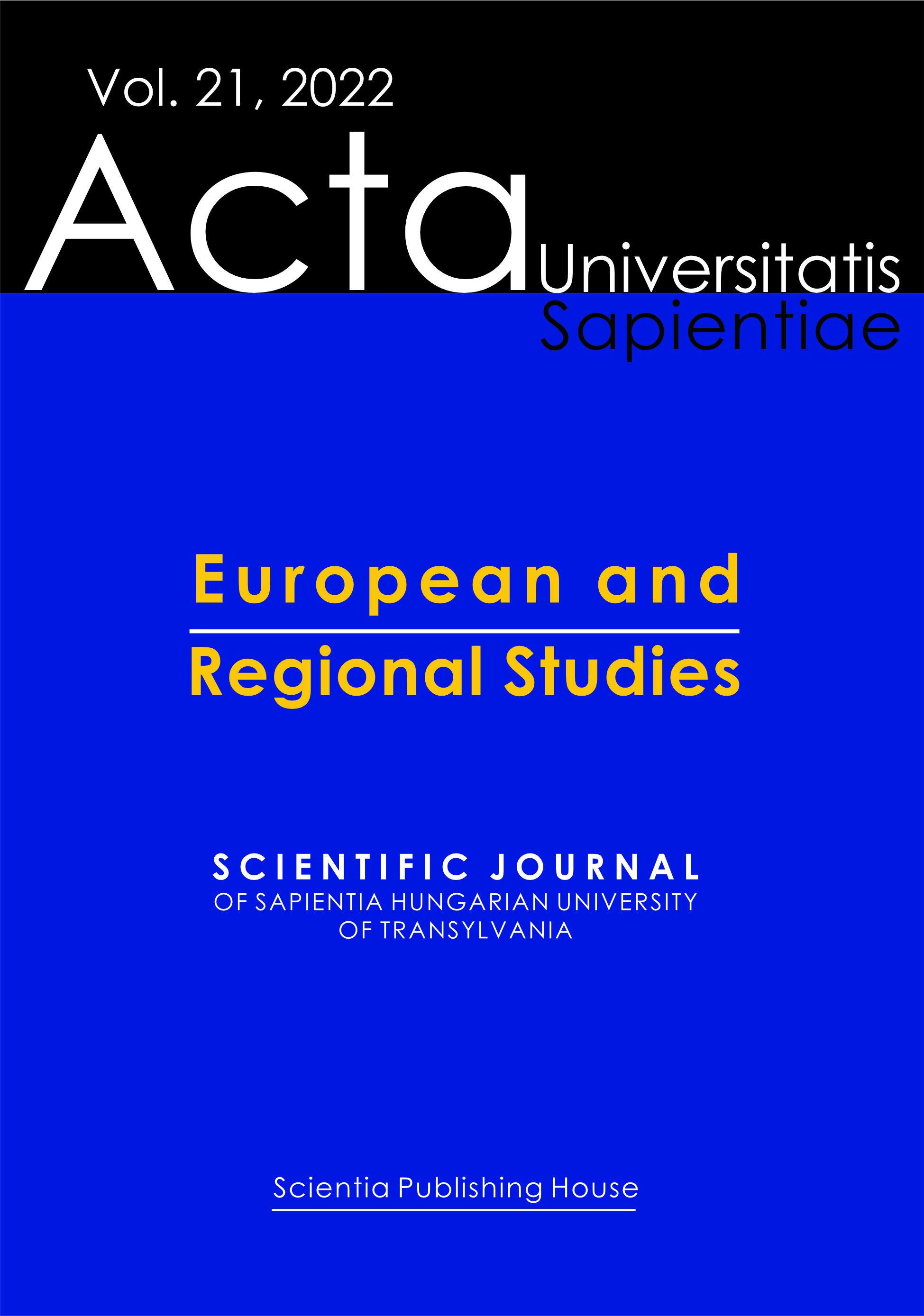The Hungarian–Czechoslovak Relations from the Hungarian Perspective
The Hungarian–Czechoslovak Relations from the Hungarian Perspective
Author(s): János SáringerSubject(s): International relations/trade
Published by: Scientia Kiadó
Keywords: Antall’s foreign policy; diplomatic relations; Visegrád Three; Hungarian minority; Bős–Nagymaros Dam System;
Summary/Abstract: As a result of the first free and democratic elections in Hungary, in May 1990, József Antall formed a government, whose foreign policy goal was the restoration of the sovereignty of Hungary and the support and representation of the Euro-Atlantic integration and of the Hungarians across the border. In the Hungarian–Czechoslovak bilateral relations, the new Hungarian government’s aim was to expand the political relations in both federal and republican levels. It was Hungary’s interest that serious legacies, such as the issue of the Bős–Nagymaros Dam system, should not hold back the general advance, wherefore a solution appropriate for both parties had to be found. Hungary considered Czechoslovakia as an outstanding economic partner. The Antall government took steps so that the fate and future of the Slovakian Hungarians would be ensured in accordance with the European development standards. One of the key issues in this was the consistent Czechoslovak condemnation of the principle of collective guilt, the Beneš decrees. During the dialogues, certain elements of the common historical past returned several times.
Journal: Acta Universitatis Sapientiae, European and Regional Studies
- Issue Year: 2022
- Issue No: 21
- Page Range: 25-43
- Page Count: 19
- Language: English

